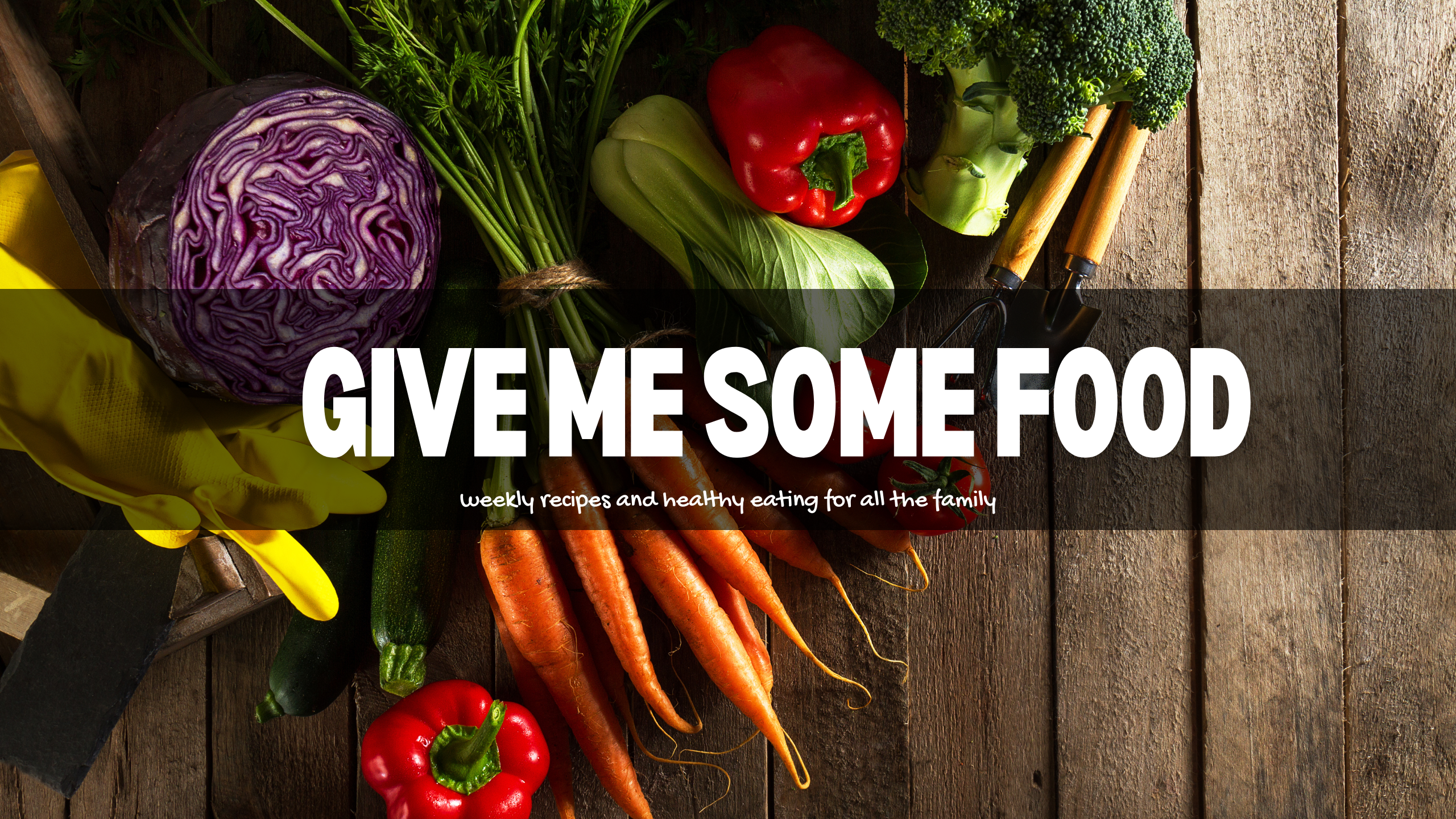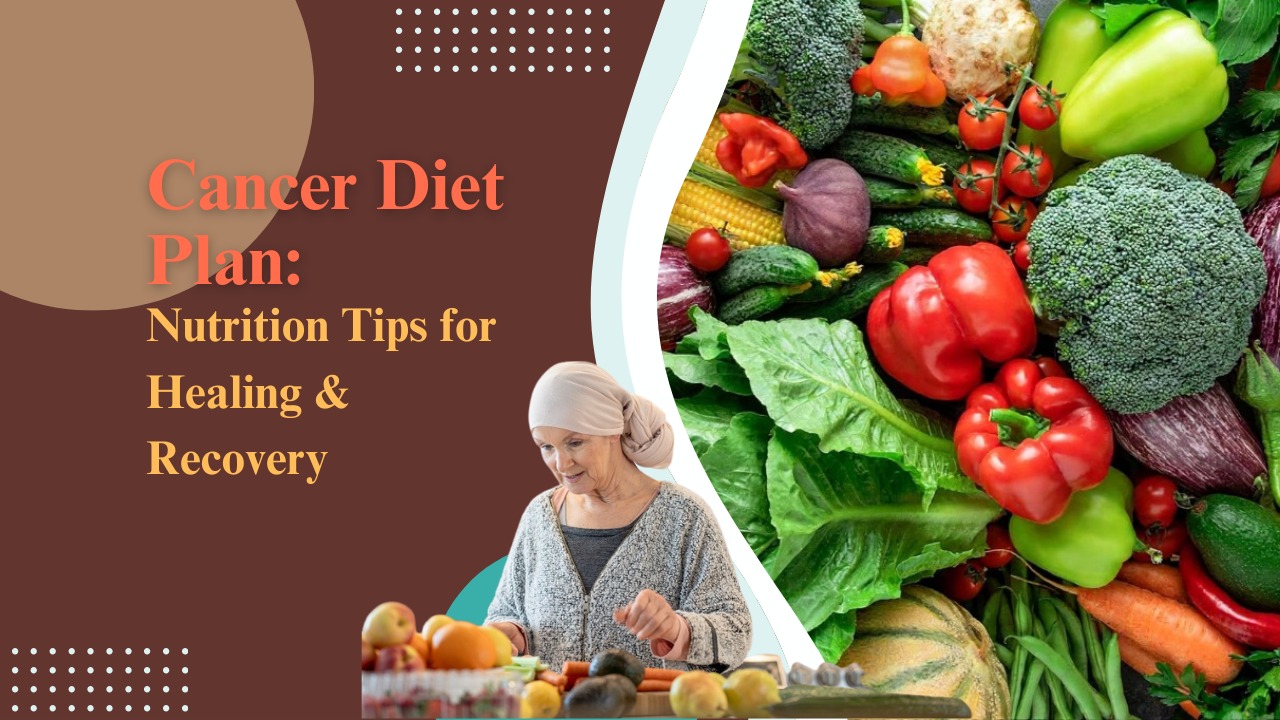Cancer diet plan is more than just a list of foods to eat or avoid—it’s a strategic and supportive approach to nutrition aimed at helping the body fight cancer, manage treatment side effects, and improve overall well-being. What you eat during and after cancer treatment can have a powerful impact on your strength, energy, immune function, and recovery. A proper cancer diet plan can serve as a supportive therapy alongside medical treatment.
Cancer diet plan is essential because cancer and its treatments often alter how the body processes nutrients. Some individuals may struggle with loss of appetite, nausea, fatigue, or weight loss. On the other hand, some cancers and therapies can lead to weight gain. The goal of a cancer diet plan is to maintain a healthy weight, preserve muscle mass, and ensure the body receives all the essential nutrients it needs for healing and resilience.
Cancer diet plan becomes most important when one is newly diagnosed, undergoing active treatment, recovering from surgery, or even in remission. How one follows this diet depends on individual health status, type of cancer, and treatment regimen. In this article, we’ll explore the top 8 diet tips, foods to include and avoid, a sample diet chart, frequently asked questions, and expert advice to help anyone facing this journey.
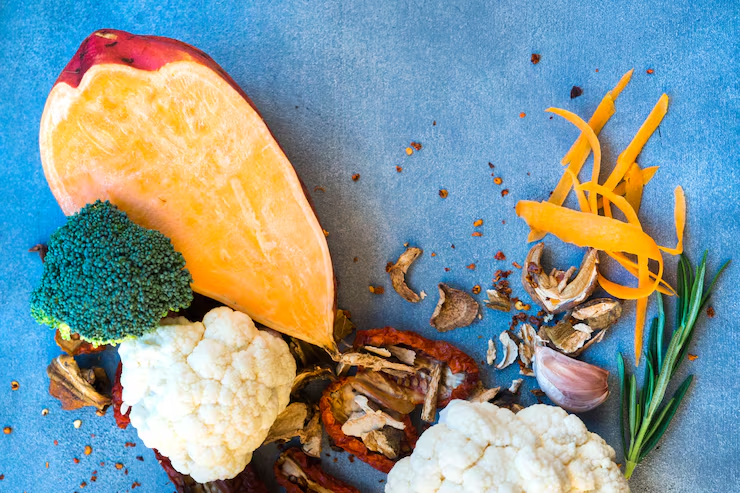
✅ What is a Cancer Diet Plan ?
A cancer diet plan is a specially designed nutritional strategy tailored to support individuals before, during, and after cancer treatment. It focuses on:
Nourishing the body with the right foods
Strengthening the immune system
Minimizing treatment side effects
Promoting recovery and long-term wellness
It includes balanced meals made up of whole, natural foods—rich in antioxidants, fiber, healthy fats, and lean proteins—and avoids inflammatory or harmful foods such as processed meats, refined sugars, and alcohol.
✅ Why is a Cancer Diet Plan Important ?
Because cancer and its treatments affect the body in various ways, such as:
Weakening the immune system
Causing fatigue, nausea, and loss of appetite
Disrupting digestion and metabolism
Increasing risk of weight loss, muscle wasting, or even obesity (in some cases)
A cancer diet plan helps to:
Maintain body weight and strength
Speed up healing and recovery
Improve treatment tolerance and effectiveness
Reduce inflammation and support detoxification
Lower the risk of cancer recurrence
✅ When Should You Follow a Cancer Diet Plan ?
Ideally, you should begin as early as possible—even before treatment starts, and continue throughout and beyond recovery:
| Cancer Journey Stage | When to Begin/Adapt Diet Plan |
|---|
| Pre-treatment | Prepare the body, build strength |
| During treatment | Manage side effects, prevent weight loss/gain |
| Post-treatment | Support healing and immune function |
| Remission | Maintain long-term health and reduce recurrence risk |
Even cancer survivors benefit from continuing with a cancer-preventive diet.
✅ How to Follow a Cancer Diet Plan Effectively ?
Follow these steps to implement a personalized and effective cancer diet:
Consult a Dietitian: Especially an oncology dietitian to assess your unique needs
Focus on Nutrient-Dense Foods: Whole fruits, vegetables, whole grains, lean proteins, and healthy fats
Stay Hydrated: Water, broths, and herbal teas—8–10 glasses daily
Adapt to Side Effects: Modify textures and flavors if facing nausea, mouth sores, constipation, etc.
Eat Small, Frequent Meals: To combat fatigue or loss of appetite
Avoid Risky Foods: Processed meats, sugary snacks, alcohol, and fried or overly salty foods
Track Progress and Adjust: Use food journals and routine checkups to make ongoing changes
Top Tips for an Effective Cancer Diet Plan
Prioritize Plant-Based Foods
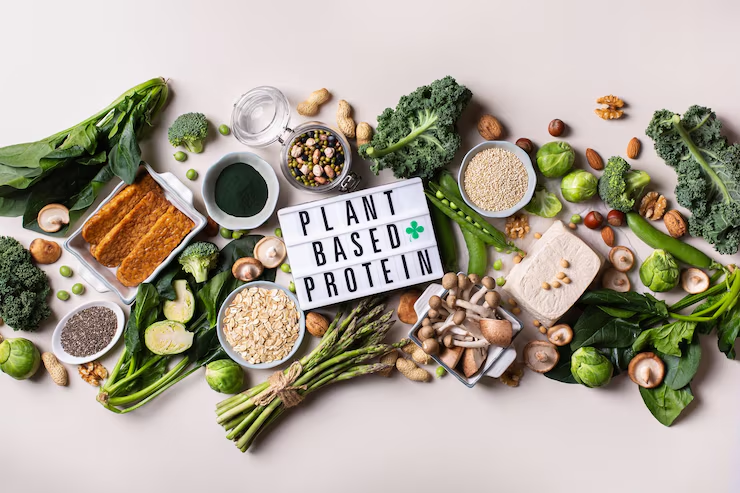
A plant-forward diet plays a vital role in supporting overall health and strengthening the body’s natural defense system. Rich in essential vitamins, minerals, antioxidants, and phytonutrients, this type of eating pattern helps protect healthy cells while repairing damaged tissues. By focusing on whole, natural foods, a plant-forward approach reduces the intake of processed items and unhealthy fats that may contribute to chronic illnesses. For anyone considering a cancer diet plan, incorporating more plant-based meals is a powerful step toward improved wellness.
Colorful fruits and vegetables are the foundation of this approach. Berries, leafy greens, carrots, tomatoes, and cruciferous vegetables like broccoli and cauliflower are especially beneficial because they are packed with cancer-fighting nutrients. These foods are known to reduce inflammation, strengthen the immune system, and lower oxidative stress, all of which are linked to cancer development and progression. A varied plate filled with natural colors ensures the body gets a wide spectrum of protective compounds.
Experts recommend aiming for at least five servings of fruits and vegetables each day as part of a cancer diet plan. This consistent intake helps the body neutralize harmful free radicals and supports long-term health. By choosing fresh, plant-based options daily, individuals not only promote healing but also build a strong foundation for prevention. A plant-forward diet is both nourishing and protective, making it an essential strategy for those seeking to live healthier while reducing cancer risks.
Ingredients to Include:
Leafy greens (spinach, kale, lettuce)
Cruciferous veggies (broccoli, cauliflower)
Berries (blueberries, raspberries)
Beans, lentils, chickpeas
Whole grains (quinoa, oats, brown rice)
Benefits:
Reduces cancer recurrence risk
Boosts immunity
Helps digestion and detoxification
Supports weight management
Choose Lean Proteins Wisely
Adequate protein intake is a key component of a cancer diet plan, as it helps the body repair tissues, strengthen the immune system, and preserve muscle mass during treatment. Cancer patients often experience increased nutritional demands, and without sufficient protein, they may face fatigue, weakness, and slower recovery. Including high-quality protein sources in daily meals ensures the body has the building blocks it needs to heal effectively.
Lean protein sources such as fish, skinless poultry, tofu, beans, legumes, and eggs are excellent choices. These foods provide essential amino acids that promote healing and maintain energy levels. For individuals who may struggle with appetite loss or taste changes due to treatment, incorporating protein in smaller, frequent meals can make it easier to meet daily requirements. Protein-rich snacks like yogurt, hummus with whole-grain crackers, or a boiled egg can also be helpful additions.
For patients undergoing chemotherapy or radiation, protein becomes even more critical. These treatments can cause tissue damage, and protein supports the body in repairing cells while boosting resilience against infections. A well-balanced cancer diet plan that emphasizes lean protein at every meal not only aids in recovery but also promotes strength, energy, and better overall outcomes during and after treatment.
Ingredients to Include:
Grilled chicken or turkey
Eggs or egg whites
Fish (especially fatty fish like salmon)
Tofu, tempeh
Legumes (beans, lentils)
Benefits:
Supports immune function
Prevents muscle loss
Helps tissue repair and healing
Maintains energy levels
Stay Hydrated at All Times
Staying well-hydrated is an important part of any cancer diet plan, as water supports nearly every function in the body. It helps regulate temperature, aids digestion, transports nutrients, and removes waste products. For cancer patients, hydration plays an even greater role because treatments like chemotherapy and radiation often release toxins that need to be flushed out of the system. Without enough water, the body may struggle to recover and function efficiently.
Dehydration can worsen common treatment-related side effects such as fatigue, constipation, headaches, and nausea. Drinking 8–10 glasses of water each day is recommended to keep the body properly hydrated. Patients who find plain water difficult to consume can choose alternatives like clear broths, herbal teas, and coconut water. These not only provide hydration but also add electrolytes and soothing benefits that can help manage discomfort.
It is equally important to limit sugary and carbonated drinks, as they can cause bloating, upset digestion, and contribute little nutritional value. By making hydration a priority, patients can improve energy levels, support healing, and enhance overall quality of life. A well-rounded cancer diet plan that emphasizes fluids alongside nutritious foods is essential for maintaining strength and resilience during treatment.
Ingredients to Include:
Filtered water
Coconut water
Herbal teas (ginger, chamomile)
Fresh fruits (citrus, melon)
Soups and broths
Benefits:
Prevents dehydration
Eases constipation
Improves energy
Reduces side effects like dry mouth and fatigue
Limit Red and Processed Meats
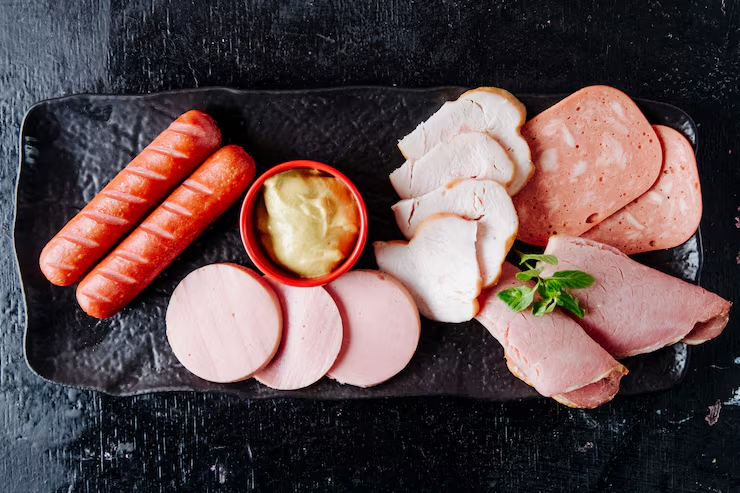
A balanced cancer diet plan should focus on reducing foods that may increase cancer risk, including red and processed meats. Numerous studies have shown that frequent consumption of beef, pork, bacon, sausages, and deli meats can raise the likelihood of developing certain cancers, particularly colorectal cancer. These foods often contain harmful compounds formed during processing or high-temperature cooking that may trigger inflammation and damage cells over time.
To protect health and support recovery, patients are encouraged to limit or avoid these meats and instead choose healthier protein sources. Lean poultry, fish, legumes, lentils, and tofu provide excellent alternatives that are easier to digest and packed with nutrients. These options not only supply the protein needed for healing but also reduce exposure to carcinogenic compounds linked with processed meats. By making thoughtful substitutions, individuals can create meals that are both nourishing and protective.
Incorporating more plant-based meals into a cancer diet plan further supports long-term wellness. Beans, lentils, chickpeas, and nuts provide plant proteins along with fiber, antioxidants, and phytonutrients that strengthen the body’s defenses. Replacing red and processed meats with these alternatives can lower cancer risks, improve digestion, and promote overall vitality.
Ingredients to Include Instead:
Chicken breast
Turkey
Lentils, beans
Mushrooms (as meat substitute)
Tofu or seitan
Benefits:
Lowers cancer risk
Improves heart health
Reduces inflammation
Supports weight control
Reduce Added Sugars and Refined Carbs
An effective cancer diet plan emphasizes the importance of controlling sugar and refined carbohydrate intake. While it is a myth that sugar alone directly “feeds” cancer, research shows that high-sugar diets contribute to weight gain, insulin resistance, and chronic inflammation. These factors can create an environment where cancer may progress more easily. By limiting refined carbs such as white bread, pastries, and pasta, patients can better regulate blood sugar levels and support overall health during treatment.
Instead of relying on refined carbohydrates, a cancer diet plan should include whole grains that provide sustained energy and valuable nutrients. Options like brown rice, quinoa, barley, and oats are rich in fiber, vitamins, and minerals. These foods digest slowly, helping maintain stable blood sugar while also nourishing the body. The fiber in whole grains supports digestion, promotes satiety, and helps manage weight, which is particularly important for cancer patients aiming to preserve strength.
By making smart carbohydrate choices, individuals can reduce inflammation and improve long-term outcomes. Replacing refined carbs with whole-grain alternatives not only enhances nutritional value but also strengthens the body’s natural defenses. A well-balanced cancer diet plan ensures energy stability, supports healing, and promotes better quality of life.
Ingredients to Include:
Whole wheat bread
Brown rice, barley
Fruits like apples and bananas
Sweet potatoes
Oats
Benefits:
Stabilizes energy
Reduces risk of obesity and diabetes
Supports gut health
Helps with weight maintenance
Include Healthy Fats
When following a cancer diet plan, it is important to understand that not all fats are harmful. Healthy fats, especially omega-3 fatty acids, play a crucial role in reducing inflammation, supporting brain function, and promoting heart health. These beneficial fats are found in foods such as salmon, mackerel, walnuts, flaxseeds, and chia seeds. Including these in daily meals can provide energy, improve nutrient absorption, and strengthen overall immunity.
In contrast, unhealthy fats such as trans fats and excessive saturated fats can increase inflammation and negatively affect overall wellness. Processed snacks, fried foods, baked goods made with hydrogenated oils, and high-fat dairy products should be minimized. A well-structured cancer diet plan focuses on replacing these harmful fats with healthier options that promote healing and vitality.
Balancing fat intake helps cancer patients maintain a healthy weight, manage treatment side effects, and protect vital organs. By choosing omega-3 rich foods and limiting trans and saturated fats, individuals can enhance their nutrition without compromising taste. A mindful cancer diet plan ensures the right types of fats support long-term recovery and overall well-being.
Ingredients to Include:
Avocado
Extra virgin olive oil
Chia seeds, flaxseeds
Almonds, walnuts
Fatty fish (sardines, salmon)
Benefits:
Anti-inflammatory effects
Heart protection
Brain support
Enhances vitamin absorption
Eat Small, Frequent Meals
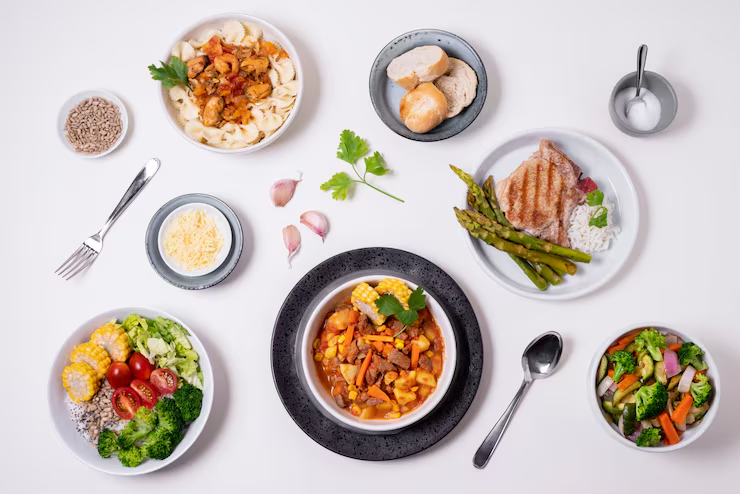
Managing nutrition during cancer treatment can be challenging, as both the disease and therapies like chemotherapy or radiation often affect appetite, taste, and digestion. Patients may struggle with nausea, early fullness, or changes in how foods taste, making it difficult to eat enough. A carefully designed cancer diet plan can help overcome these challenges and ensure the body receives essential nutrients for strength and recovery.
One effective approach is to eat smaller, nutrient-dense meals every 2–3 hours instead of relying on large portions. This eating pattern not only makes food easier to tolerate but also helps manage side effects such as fatigue and digestive discomfort. Small, frequent meals provide steady energy and prevent patients from feeling overwhelmed by large servings of food.
A well-balanced cancer diet plan ensures a continuous supply of protein, healthy fats, vitamins, and minerals throughout the day. By focusing on mini-meals and snacks like smoothies, soups, nut butters, or yogurt with fruit, patients can maintain their nutrition without added strain. This strategy supports healing, maintains weight, and improves overall quality of life during treatment.
Ingredients to Include:
Smoothies with fruit and nut butter
Yogurt with berries
Crackers with hummus
Oatmeal with nuts
Scrambled eggs with spinach
Benefits:
Reduces nausea
Boosts energy
Improves nutrient intake
Prevents weight loss
Tailor the Diet to Treatment Side Effects
Different treatments come with different side effects. For example:
If experiencing nausea, opt for bland, low-fat foods and ginger tea.
If struggling with mouth sores, choose soft, non-acidic foods.
If facing constipation, increase fiber intake and hydration.
In case of diarrhea, avoid high-fiber and greasy foods.
Working with an oncology dietitian can help personalize the cancer diet plan for each patient’s unique needs.
Ingredients to Include (based on condition):
For nausea: ginger tea, bland crackers
For mouth sores: soft foods like mashed potatoes
For constipation: prunes, bran, high-fiber veggies
For diarrhea: bananas, rice, applesauce, toast
Benefits:
Promotes recovery
Ensures adequate nutrition
Eases discomfort
Prevents malnutrition
Cancer-Fighting Foods to Include
| Food Category | Examples | Benefits |
|---|---|---|
| Fruits & Vegetables | Berries, Spinach, Carrots, Tomatoes | High in antioxidants, vitamins, and fiber |
| Whole Grains | Oats, Brown Rice, Quinoa, Whole Wheat Bread | Provide sustained energy and fiber |
| Lean Proteins | Fish, Chicken, Eggs, Legumes, Tofu | Help in tissue repair and immune function |
| Healthy Fats | Olive Oil, Avocados, Flaxseeds, Walnuts | Support heart health, reduce inflammation |
| Fermented Foods | Yogurt, Kefir, Sauerkraut | Improve gut health and digestion |
| Herbs & Spices | Turmeric, Ginger, Garlic, Cinnamon | Contain anti-inflammatory and anti-cancer compounds |
What to Avoid in a Cancer Diet Plan
Processed and red meats
Sugary beverages and snacks
Alcohol in excess
Highly refined grains (white bread, pasta)
Deep-fried or greasy foods
Artificial additives and preservatives
Excess salt
Avoiding these foods reduces inflammation and lowers the risk of cancer recurrence.
Sample 1-Day Cancer Diet Plan
| Meal | Menu |
|---|
| Breakfast | Oatmeal with flaxseeds, blueberries, and almond milk; green tea |
| Snack | A handful of mixed nuts and one banana |
| Lunch | Grilled salmon, quinoa salad with olive oil, spinach, and cherry tomatoes |
| Snack | Greek yogurt with honey and chia seeds |
| Dinner | Stir-fried tofu with broccoli, carrots, brown rice |
| Evening | Chamomile tea with a few whole-grain crackers |
Conclusion
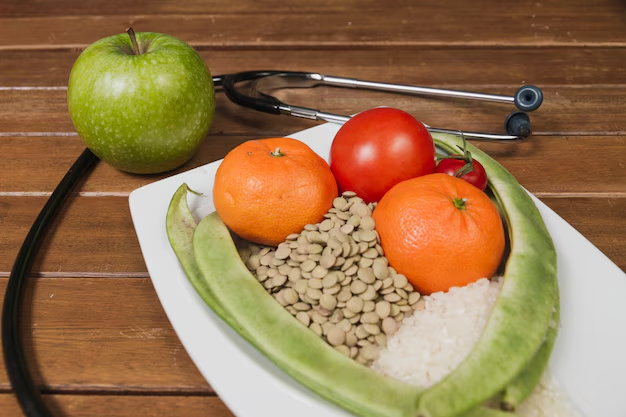
Cancer diet plan plays a crucial role in supporting cancer patients through one of the most challenging journeys of their lives. Nutrition fuels the body, supports the immune system, and helps manage the side effects of aggressive treatments. It empowers patients with strength, energy, and resilience to face each stage of the fight.
Cancer diet plan is not a one-size-fits-all solution. It should be flexible, personalized, and adjusted to the individual’s medical needs, treatment type, and lifestyle. Whether you’re newly diagnosed, in the middle of chemotherapy, or in remission, the right dietary choices can help promote healing, prevent complications, and improve long-term outcomes.
Cancer diet plan is ultimately about nourishing the body, supporting recovery, and enhancing quality of life. When combined with medical treatment, a carefully crafted nutrition plan can make a significant difference in both survival and recovery. Always consult with a registered oncology dietitian to create a personalized plan that aligns with your health goals and medical care.
FAQs
Q1. Can diet really help fight cancer ?
Yes, while diet alone cannot cure cancer, a healthy cancer diet plan can help the body better cope with treatment, boost immunity, and prevent complications.
Q2. Is it safe to take supplements during cancer treatment ?
Some supplements may interfere with treatment. Always consult with your doctor or dietitian before taking any vitamins or herbal products.
Q3. Should I avoid all sugar ?
No, natural sugars found in fruits and whole foods are fine in moderation. The focus should be on avoiding added sugars and processed foods.
Q4. What foods help with nausea during treatment ?
Ginger, plain crackers, dry toast, and clear broths can help settle the stomach. Avoid greasy, spicy, or strong-smelling foods.
Q5. Can I follow a vegetarian or vegan cancer diet plan ?
Yes, plant-based diets can be beneficial. Ensure you get enough protein, vitamin B12, iron, and omega-3s through plant sources or supplements.
